Securing Your Website: Defending Your Digital Fortress
In an era dominated by digital interactions, your website is more than just a virtual storefront; it’s a critical component of your brand identity and a gateway to your online presence. However, with the rise of cyber threats and data breaches, safeguarding your website against malicious attacks has never been more crucial. Just as fortifications protect physical castles, implementing robust security measures is essential for defending your digital fortress. Let’s explore why website security is paramount and how you can fortify your defenses to protect against cyber threats.
The Importance of Website Security
Your website is a treasure trove of valuable assets, including customer data, financial information, and intellectual property. A breach in security not only jeopardizes sensitive information but also erodes trust and credibility, damaging your brand reputation and potentially leading to financial loss. Moreover, with stringent data protection regulations such as GDPR and CCPA in place, failing to secure your website can result in severe legal consequences and regulatory fines. By prioritizing website security, you not only protect your business but also safeguard the trust and confidence of your customers.
Common Cyber Threats
Cybercriminals employ a variety of tactics to exploit vulnerabilities and compromise websites. Some of the most common threats include:
- Malware: Malicious software designed to infiltrate and damage websites, steal sensitive information, or disrupt operations.
- Phishing: Fraudulent attempts to trick users into divulging personal information, such as passwords or credit card details, by masquerading as a trustworthy entity.
- SQL Injection: Exploiting vulnerabilities in web applications to gain unauthorized access to databases and execute malicious commands.
- Cross-Site Scripting (XSS): Injecting malicious scripts into web pages viewed by other users, enabling attackers to steal session cookies or redirect users to malicious sites.
- DDoS Attacks: Overwhelming a website with a flood of traffic, rendering it inaccessible to legitimate users.
Strategies for Website Security
Protecting your website requires a multi-layered approach that addresses various aspects of security. Here are some essential strategies to fortify your defenses:
- Keep Software Updated: Regularly update your website’s software, including content management systems (CMS), plugins, and themes, to patch known vulnerabilities and mitigate security risks.
- Use Strong Authentication: Implement strong authentication mechanisms, such as multi-factor authentication (MFA), to prevent unauthorized access to your website’s administrative interface.
- Encrypt Data: Secure sensitive data transmitted between your website and users using HTTPS encryption protocols, safeguarding it from interception and tampering.
- Implement Firewalls: Install firewalls to monitor and filter incoming and outgoing traffic, blocking suspicious activity and preventing unauthorized access to your website.
- Backup Regularly: Create regular backups of your website’s data and files, storing them securely offsite to ensure quick recovery in the event of a security breach or data loss.
- Monitor for Suspicious Activity: Use website security tools to monitor for signs of unauthorized access, malware infections, or other suspicious activity, enabling prompt detection and response.
- Educate Employees: Train your employees on cybersecurity best practices, such as recognizing phishing attempts, creating strong passwords, and avoiding risky online behaviors, to reduce the risk of human error.
Conclusion
Securing your website is not just a precautionary measure; it’s a proactive defense strategy essential for safeguarding your business, protecting sensitive information, and preserving trust and credibility. By understanding the importance of website security, recognizing common cyber threats, and implementing robust security measures, you can defend your digital fortress against malicious attacks and ensure the long-term success of your online presence. Remember, in the ever-evolving landscape of cybersecurity, vigilance and proactive defense are your strongest allies.

